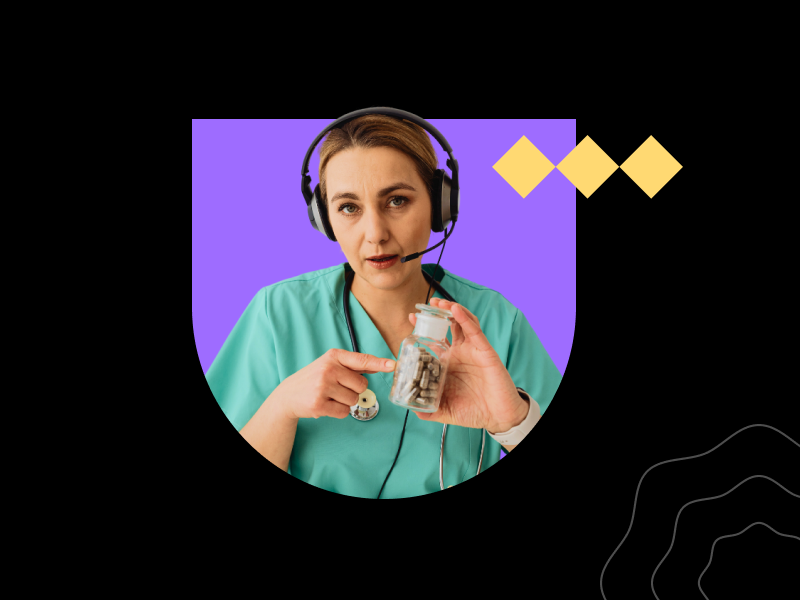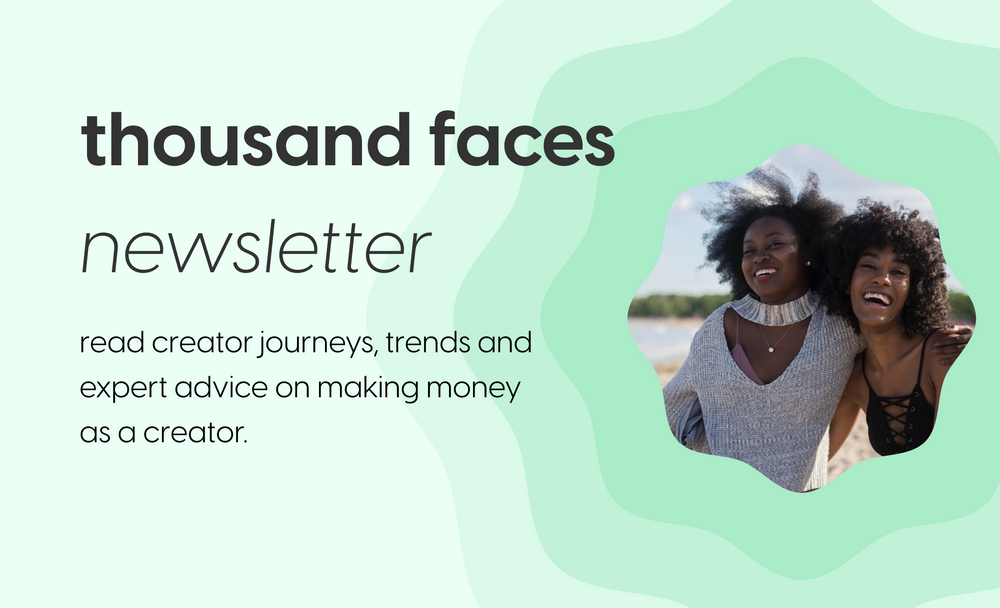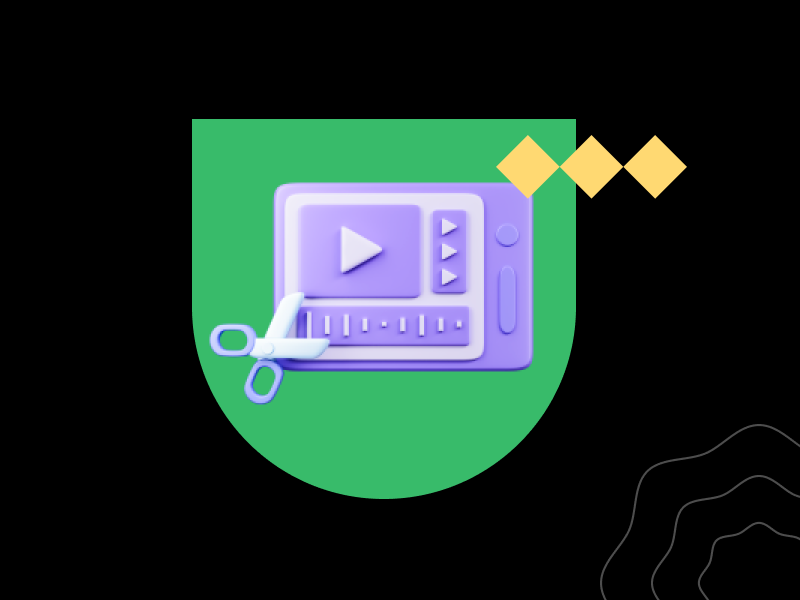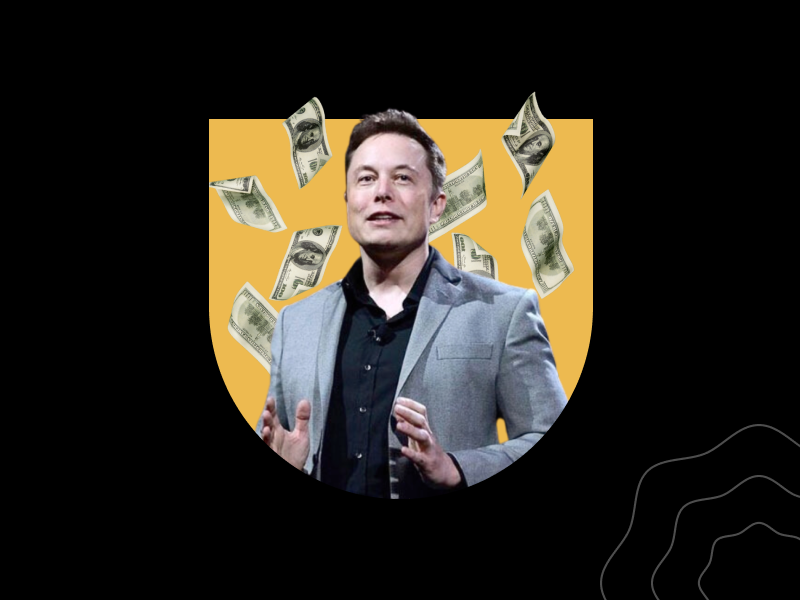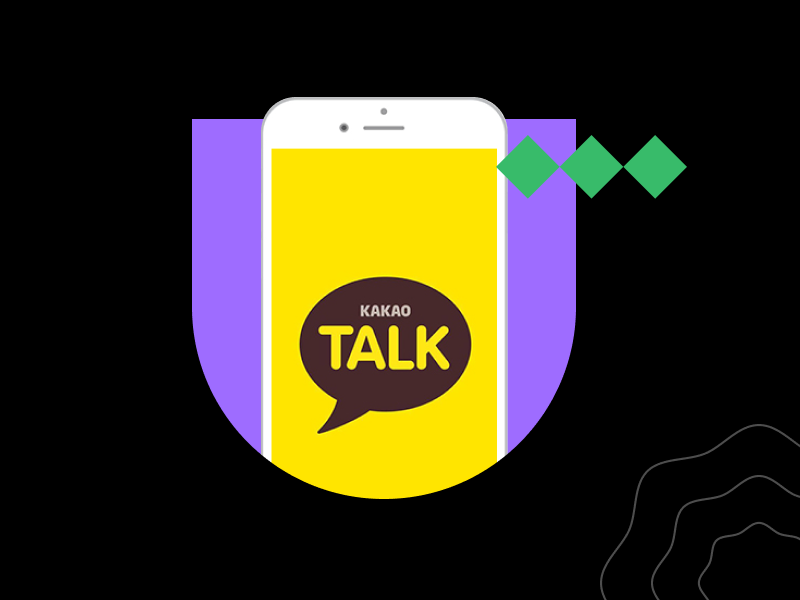The year is 2019 — two medical interns from Gandhi Medical Hospital were suspended for making TikTok videos within the hospital premises. Enter 2022, and things have changed entirely. Today, doctors and medical students are quite active on social media to spread awareness and have a dialogue with people. They're not just making videos outside work but also at hospitals. We’ve seen many doctors take to social media especially in the initial days of the pandemic — owing to how our lives changed overnight, it made complete sense then. So of course, there’s now a sharp increase in terms like medfluencers, docfluencers, or nursefluencers.
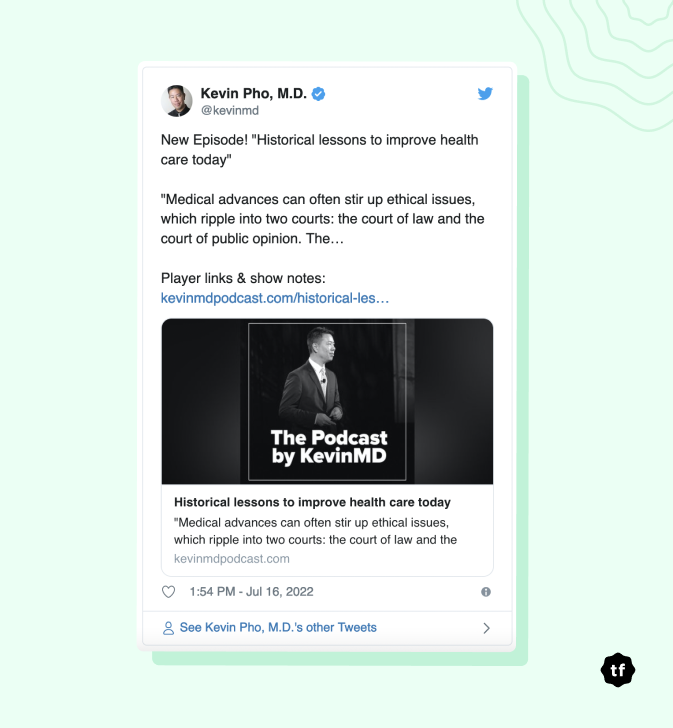
If you’re a skincare enthusiast fairly active on social media, I’m sure you follow quite a few dermatologists. Dr. Muneeb Shah (known for Doctorly or DermDoctor on TikTok) is perhaps one of the most-followed doctors, with over 16M followers. While he creates content with his colleague, he started without an intention to create content. In an interview with Entrepreneur, he said. 👇
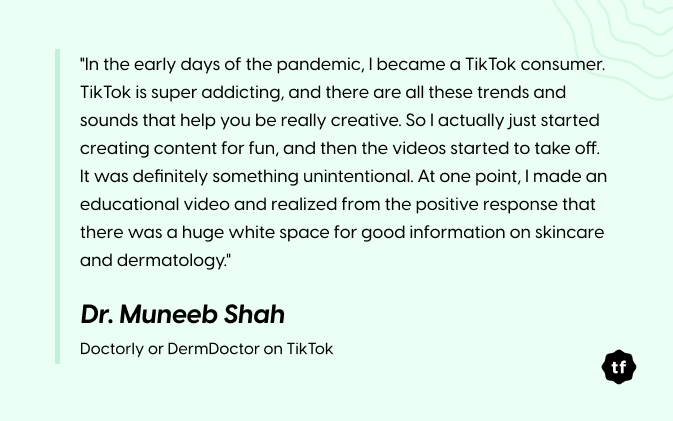
Muneeb’s content mostly revolves around educating an average user about skincare and products — apart from practicing, he also generates income from collaborations and affiliate marketing.
While several social media users follow dermatologists like Dr. Shereene Idriss, Dr. Vanita Rattan, Dr. Aanchal, or Dr. Varshini Reddy, there’s a rise in medfluencers in other areas of expertise too. For instance, let’s talk about Dumebi Okocha, a student pursuing a six-year accelerated B.A./M.D. program at the University of Missouri-Kansas City. When she was stuck at home during the pandemic, she realised how people had no awareness of accelerated medical programs, and made a TikTok video about it. That video shot up, and she received DMs from people asking for more information.
She used TikTok as a platform to spread awareness about medical programs and as a creative outlet. In an official UMKC blog post, she said 👇
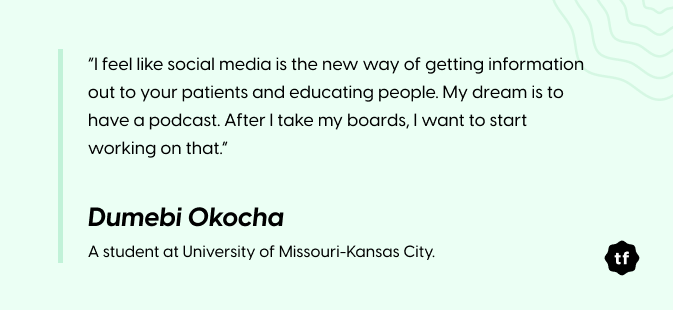
She may have started with only 30 followers, but today, she inspires thousands of users or fellow medical students and aspirants.
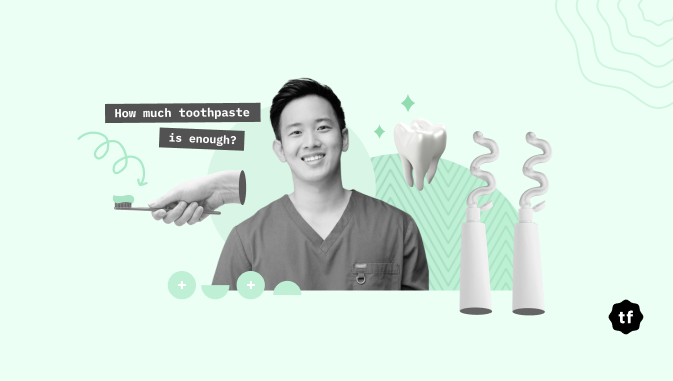
Over a period, we’ve also seen doctors simplifying healthcare, reacting to TikToks or Reels. From basic (but important) things like how much toothpaste is enough to debunking anti-vaxxers' claims, doctors aren’t shying away from having a conversation.
Also read: MatchTok trend on TikTok
Medfluencers Having a Voice
Doctors have a significant role in shaping society. I mean, undeniably. And social media is now offering them a platform to not simply share knowledge — but also speak up about things that truly matter to them.
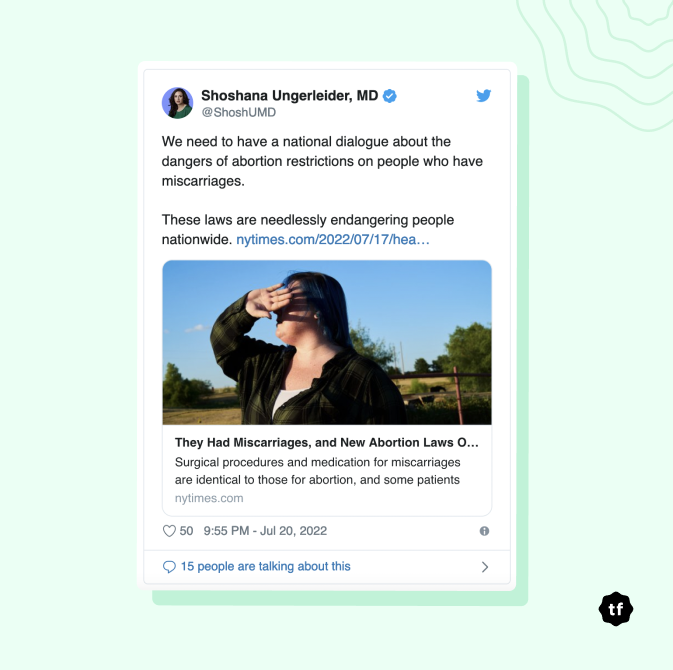
The recent abortion laws got many doctors together, opposing the government’s decision and discussing public rights. Besides, social media has brought the plight of healthcare to public notice, and the fact that doctors are vocalising their opinions is driving conversations forward.
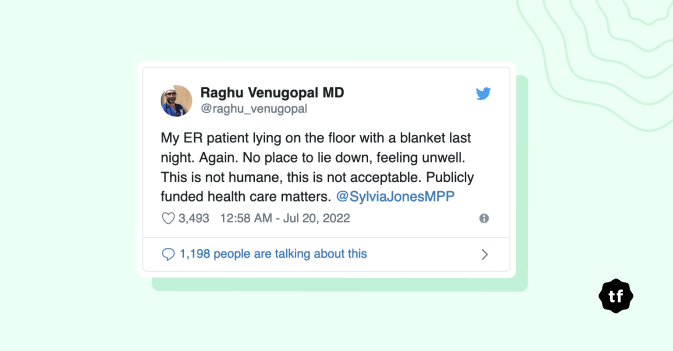
The internet is an abyss, and unfortunately, one that is loaded with a massive amount of misinformation. Trends like stuffing garlic pods into noses to relieve sinusitis or removing moles at home have become common and dangerous. For that purpose, medfluencers’ voice has become the most influential and of value.
To know more about how healthcare professionals are using TikTok, read this.
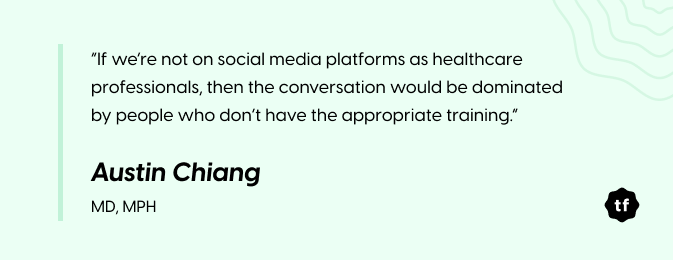
We’ve come really far from how healthcare was traditionally perceived. But is all good in the hood? Perhaps not.
Only a few weeks ago, a nurse received flak for positing a TikTok with sad music after a patient’s death. “When it comes to clout chasing, it turns out medical professionals are just like us”, said a Buzzfeed article. Internet users called it narcissistic behaviour while many found it performative.
Watch the video here. 👇🏼
We’ve already discussed this before: there’s no handbook with instructions on using social media, but somewhere between dismissing incorrect medical trends to actively having a voice, there’s also a need to be human. Like everyone else, medical professionals, too desire to be seen and show a slice of life that’s usually confined to the walls of hospitals. Perhaps that's what leads to questionable or cringe-worthy content.sometimes.
I get it, it’s a long road of learning. But the question remains simple: are healthcare professionals using the internet as responsibly as they can?

